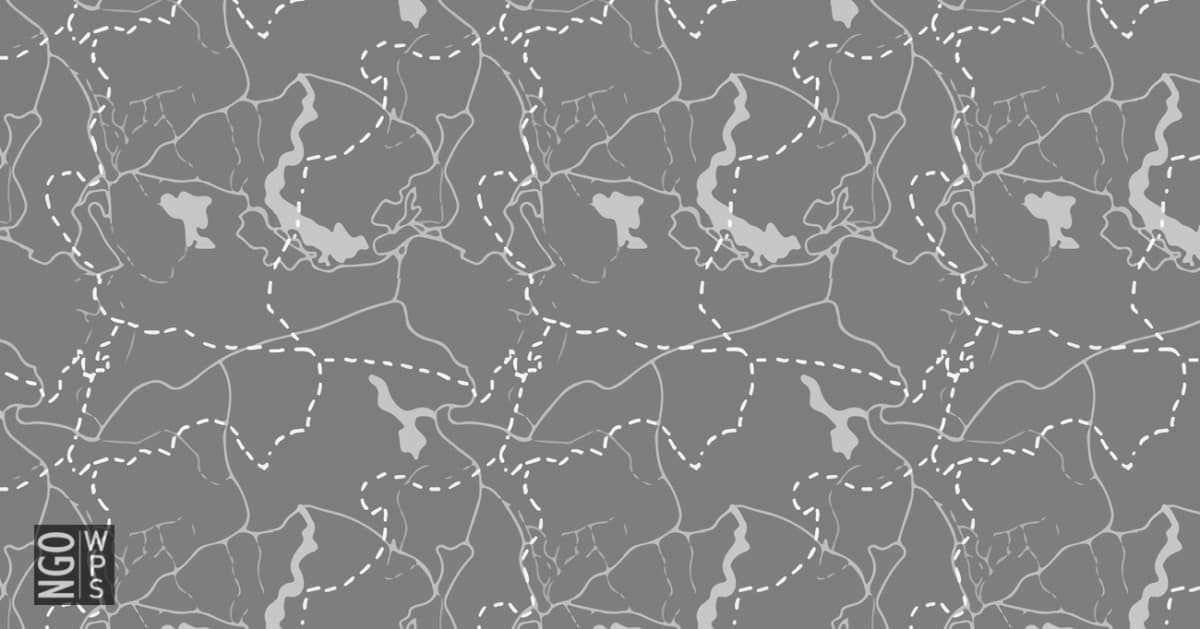Lebanon
Lebanon
Women’s rights activists focus on ending domestic violence, changing the penal codes, and increasing women’s political participation in Lebanon— particularly within reconstruction and peacebuilding efforts. Women’s security is also a major concern, with extremist attacks along the Syrian border.
Lebanon’s history of instability and insecurity have negatively impacted women. Failed presidential elections, the struggle to host over one million Syrian refugees, and proximity to the Syrian war have sidelined efforts to improve women’s rights. Women are discriminated against in legislation and in the court system, including in the areas of marriage, divorce, and the custody of children. Lebanon’s legal conflicts between criminal, civil, and religious authorities have also made it difficult for women to exercise and advocate for their rights.
In 1997, Lebanon ratified the Convention on the Elimination of All Forms of Discrimination Against Women (CEDAW). In April 2014, Lebanon also passed the Domestic Violence Law, criminalizing abuse and promising protection and legal recourse for women; however the law has not made a discernable impact on women’s protection. Lebanon does not have a National Action Plan.
Based on the work of the NGOWG and its partners, the NGOWG advocates for the Security Council to ensure that the mandate of the UN mission in Lebanon (UNIFIL) is strengthened and that gender issues are integrated into all response activities. Specific attention must be paid to women’s participation in all security-related matters, including disarming non-state armed groups, and gender-sensitive needs assessments to effectively coordinate humanitarian assistance.
Current and Past Recommendations to the UN Security Council (Monthly Action Points)
Lebanon’s interconnected economic, political, climate, and social crises are structural, multi-faceted and mutually reinforcing, with distinct gendered impacts on people with disabilities, LGBTIQ+ individuals, refugees, and migrants, requiring holistic, rights-based and gender-sensitive policy responses. Corruption, impunity and inequality, which are driving the current crises, have led to, and are reinforced by, ongoing election delays, deterioration of the rule of law, inflation and extreme poverty, an economic crisis, inequalities in the labor market, discriminatory legal frameworks and norms, a rise in domestic violence, lack of access to education, electricity, and medicine, abuse of migrant workers under the Kafala system, and forced and summary deportations of Syrian refugees, all of which undermine people’s access to basic rights and essential services. Failure to address past abuses and crimes through transitional justice efforts, such as the widespread gender-based violence perpetrated during the Lebanese Civil War, is one of the root causes of the failure of the justice system to advance accountability for more recent crimes, such as the Beirut Port explosion, politically sensitive murders or the unlawful and excessive use of force against protestors since 2019, and is emblematic of the culture of impunity that prevails. In its renewal of the mandate of the peacekeeping mission in Lebanon, the Council should maintain existing WPS provisions, and further call on UNIFIL to:
- Actively promote the safe, full, equal, and meaningful participation of women in elections, including as candidates, in the mission’s efforts to support implementation of Lebanon’s National Action Plan on 1325, and further collaborate with women mediators in southern Lebanon to foster an inclusive and sustainable peace process.
- Consult with women’s, feminist, and other diverse civil society groups as part of its mandate to mainstream gender, and further strengthen partnerships in implementing activities related to humanitarian support and political processes.
- Support efforts to remove the barriers to women’s meaningful participation and leadership, including through the repeal of all discriminatory laws and adoption of a unified personal status law.
- Adopt a survivor-centered approach in efforts to prevent and respond to sexual and gender-based violence.
- Ensure enhanced reporting on WPS includes details regarding barriers to the realization of women’s human rights; threats and reprisals against women human rights defenders and peacebuilders; and intersectional analysis of the way in which the current crises impact diverse women, including LGBTIQ+ individuals and persons with disabilities.
- Carry out all humanitarian support activities without discrimination, in a gender-, age-, and disability-sensitive manner in accordance with existing obligations under international humanitarian law (IHL) and ensure access to the full range of livelihood, legal, psychosocial and medical services, including sexual and reproductive health services.
Relevant Resources










